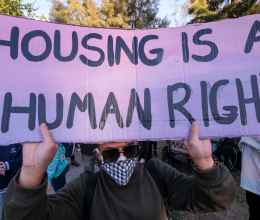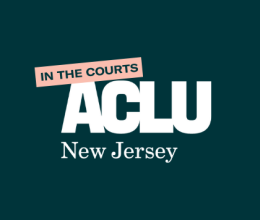
WASHINGTON, D.C. – Today, in a move that builds momentum for New Jersey to include substantive racial and social justice provisions in its legalization efforts, the U.S. House of Representatives passed the Marijuana Opportunity Reinvestment and Expungement (MORE) Act, H.R.3884/S.2227. The legislation, which centers racial justice, provides a foundation for each state to implement its own policies. The bill, which had bipartisan support, is not expected to receive a vote in the Senate.
If enacted, the MORE Act would:
- Decriminalize marijuana at the federal level by removing marijuana from the list of Schedule 1 drugs under the Controlled Substances Act, and provide processes for expungement and resentencing.
- Tax marijuana at 5 percent and establish a trust fund for social equity programs to provide community reinvestment, create an inclusive industry, and ensure equitable licensing.
- Prevent consequences related to access to federal benefits or immigration solely based on marijuana offenses.
The historic vote comes just weeks after New Jersey voters overwhelmingly approved amending the state Constitution to legalize marijuana, based largely on concerns of racial and social justice. The New Jersey Legislature is currently crafting legislation to make that mandate a reality, with advocates working to include strong racial and social justice provisions to end prohibition.
The following statement can be attributed to ACLU-NJ Executive Director Amol Sinha:
“The MORE Act provides a floor for state lawmakers to build on, and we in New Jersey must continue to establish new heights for racial and social justice in legalization.
“The U.S. House vote cements the same mandate New Jersey voters sent just weeks ago with historic levels of support for ending prohibition: marijuana legalization must center racial and social justice.
“We’re hopeful that as the federal government and other states contemplate social justice in legalization through steps like the one taken today, the Garden State will lead the way with policies that truly place racial and social justice at the forefront – community reinvestment, an inclusive industry that prioritizes those most affected by cannabis prohibition, and equitable licensing. If the U.S. House of Representatives can vote yes to a measure as ambitious as the MORE Act, New Jersey can put something even more ambitious in place.”





